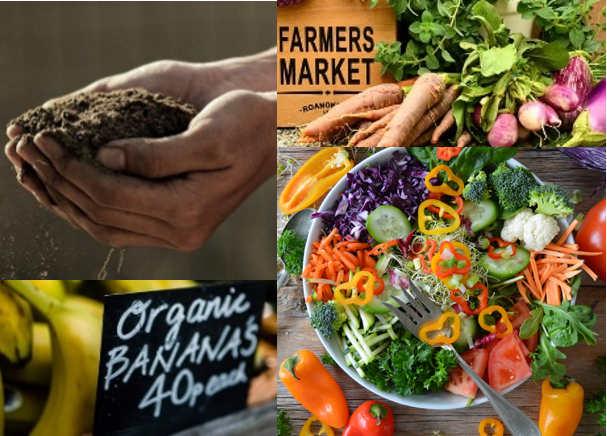Brief me
Many food systems are unsustainable and fail to ensure food security and to offer affordable nutritious and healthy diets.
Globally, food systems are a major driver of biodiversity loss and climate change, responsible for 30% of the world’s GHG emissions.
To raise awareness on the urgency of food system transformation, and foster commitments for concrete actions, the UN convened a Food System Summit in 2021. Many countries have elaborated National Pathways containing priority actions for the transformation towards more sustainable and resilient food systems.
Development paths followed by high-income countries are generally not replicable in low- and middle-income countries, as they are not sustainable.
Scaling-up nature-positive production approaches, reducing food loss and waste, adopting healthy diets, better income and wealth distribution, and improved governance are among the most powerful enablers of the transition towards sustainable food systems.
Explore further
Brief me on "Sustainable Food Systems"
This section will give an overview on the topic and also includes a scientific brief and a knowledge review The High Level Panel of Experts on Food and Nutrition Security (HLPE) defines…
Online resources on "Sustainable Food Systems"
This section provides a selection of online resources related to the transition toward "Sustainable Food Systems”: examples of successful transitions, data related to food systems, evaluation tools…
Publications on “Sustainable Food Systems”
Access a selection of publications on “Sustainable Food Systems”or explore all relevant publications on this topic.
News and events on "Sustainable Food Systems"
In this section, explore news and events from the EU, international organisations, traditional and social media.

